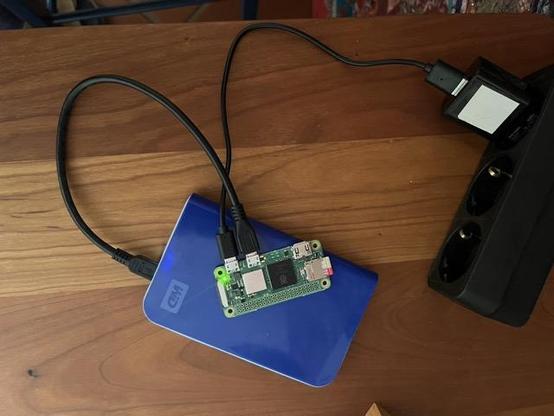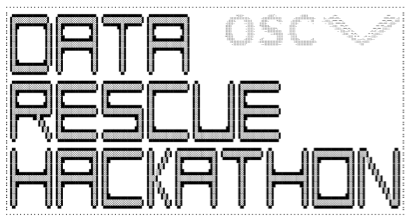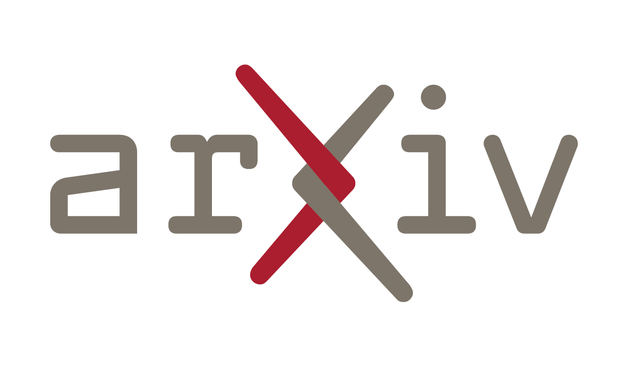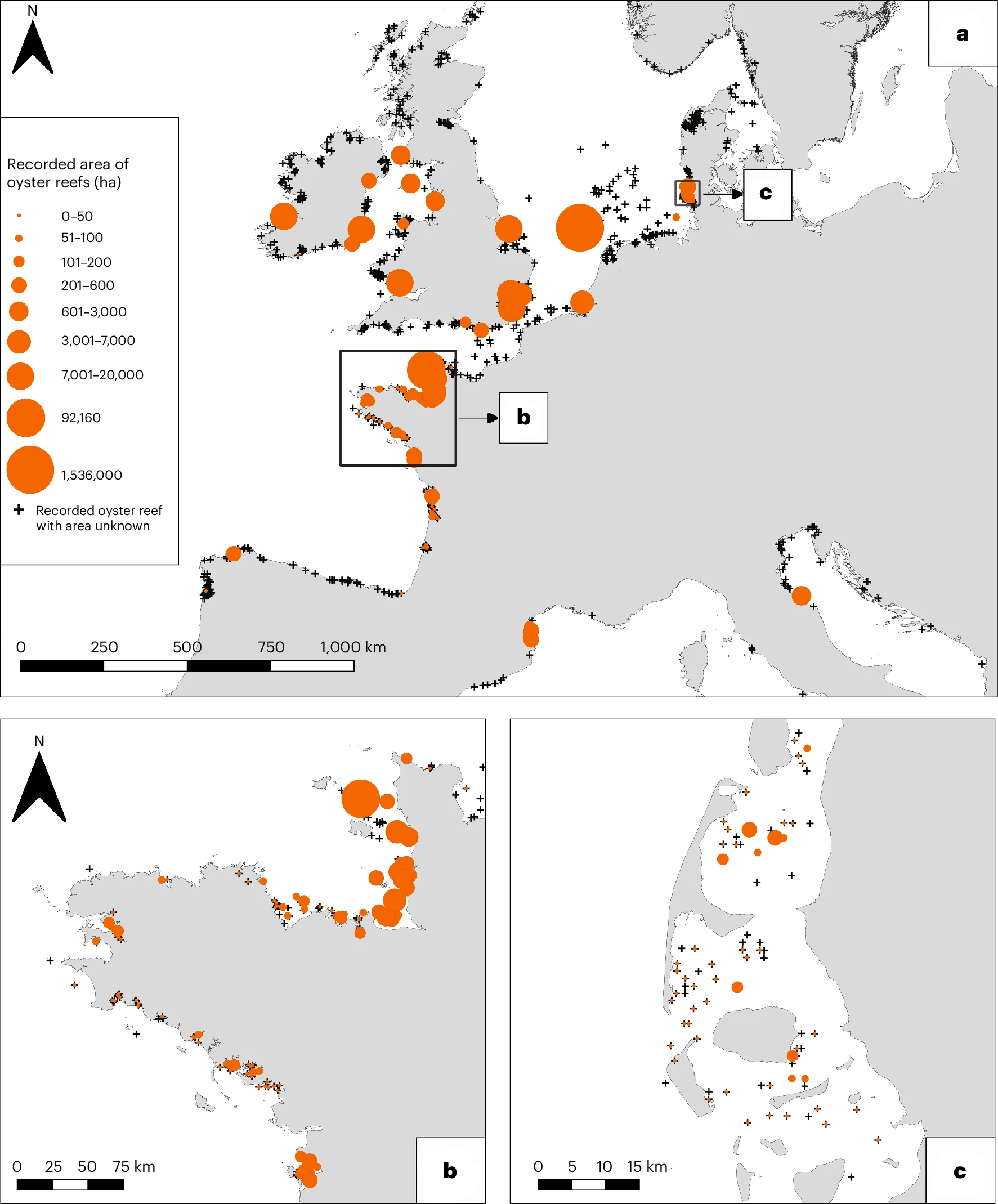Excellent news! We got a small amount of funding to hire two people half time to help put together a Horizon Europe proposal for Safeguarding Research and Culture [1].
The idea is to develop the SciOp catalogue software to make distributed archives part of the Fediverse, riding on BitTorrent, and get more institutions, libraries and archives involved. With a focus, in this case, on Europe.
If you are interested in preventing digital cultural heritage materials from falling through the memory hole, preventing marginalised and racialised groups from being erased from view, decentralised, federated and peer to peer technologies and have experience with putting together EU Horizon grant proposals, have the right to work in the EU or UK and would like a part time job starting yesterday for a couple of months, please get in touch!
[1] https://safeguar.de/
[2] https://sciop.net/
#FediHire


 Hackathon: Data Under Threat / Data Rescueing (Aug 7) in
Hackathon: Data Under Threat / Data Rescueing (Aug 7) in 


